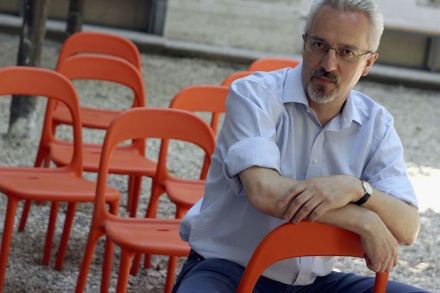Three daemons in a boat
Philip Pullman’s new k, the prequel to his Northern Lights series — the one north Oxford academics very much prefer to Harry Potter — is an intriguing work. It’s notionally set some time near our own, but the world it evokes is the 1950s and 1960s England of the author’s youth. The hero, Malcolm Polstead, is the only child of an innkeeper — that timeless calling — and the inn was an old stone-built rambling comfortable sort of place. There was a terrace above the river, where peacocks (one called Norman and the other Barry) stalked among the drinkers…There was a saloon where the gentry, if college scholars count as




















